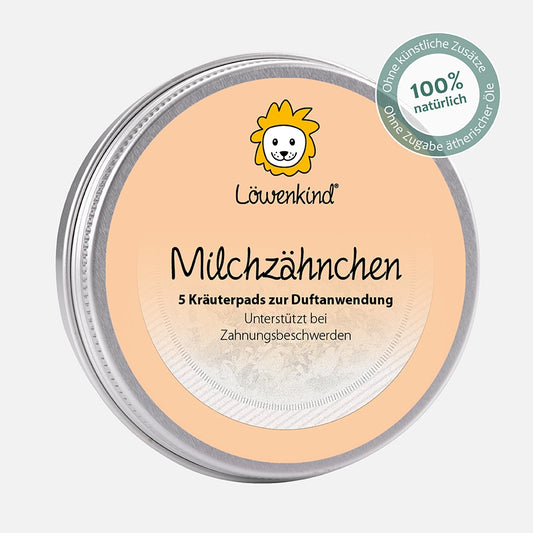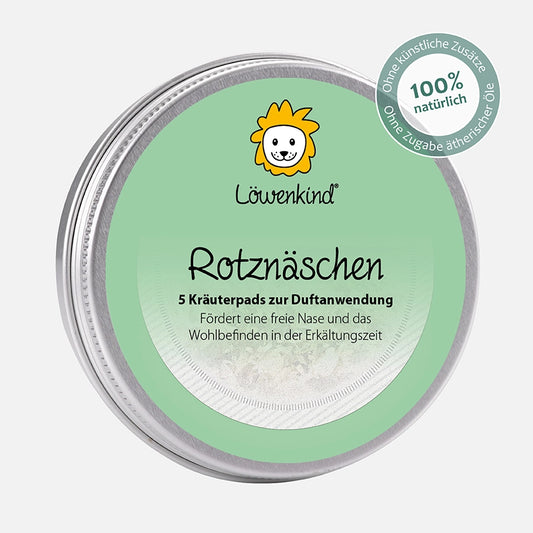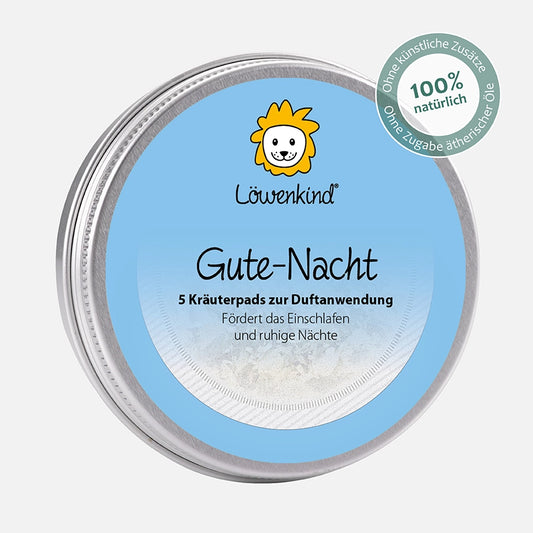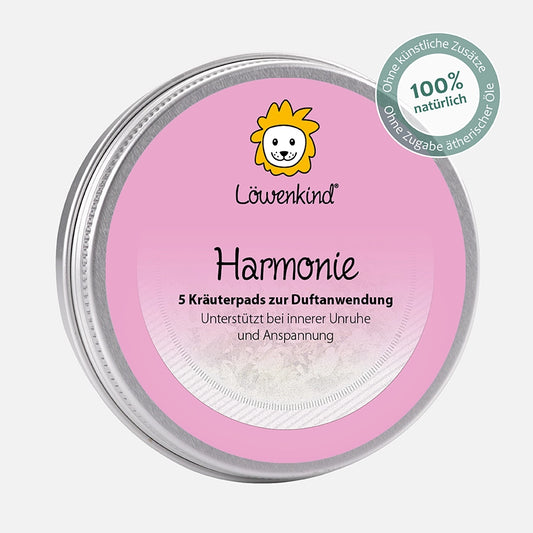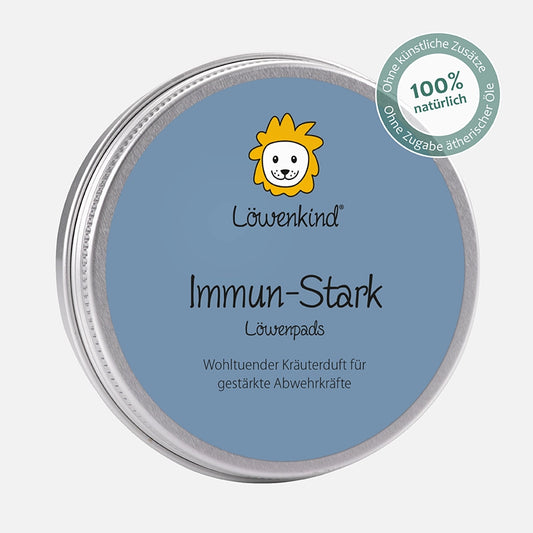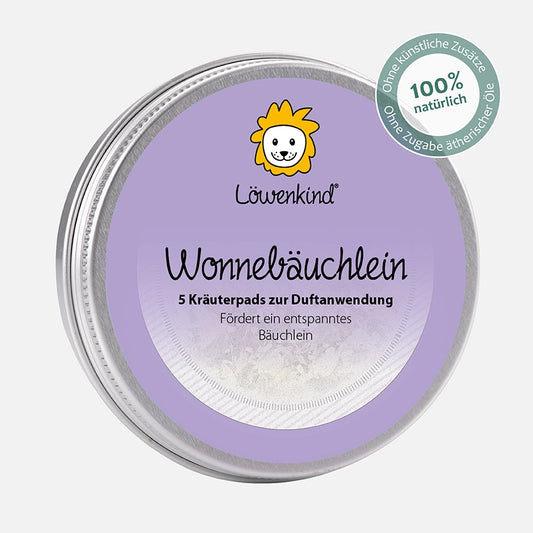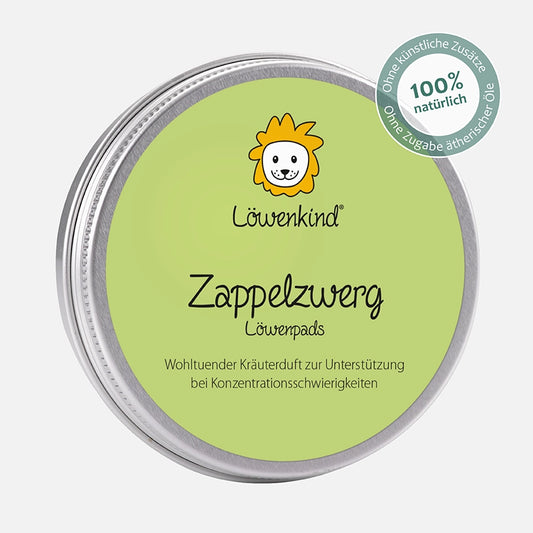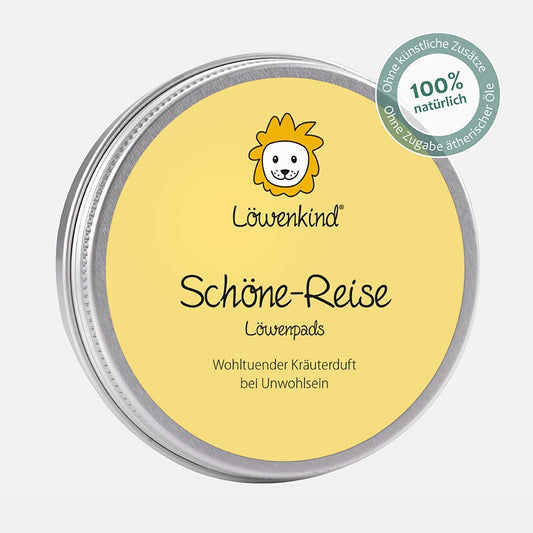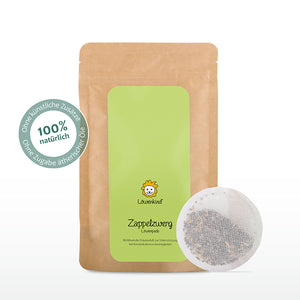Motion sickness, also known as kinetosis, is a common problem in children, especially during long car rides, train journeys, or flights. Symptoms such as nausea, dizziness, paleness, and sometimes even vomiting can be distressing for both children and parents and spoil the joy of the trip. Fortunately, there are natural remedies and medicinal herbs that can gently and effectively help relieve the symptoms of motion sickness and make the trip more pleasant . In this article, you'll learn which herbs have proven effective and how they can be used safely with young children.
What are the causes of travel sickness?
Motion sickness occurs when the brain receives conflicting signals from the eyes and the sense of balance. For example, while driving a car, the brain perceives movement while focusing on a book or toy. This sensory discrepancy leads to the unpleasant symptoms of nausea.
Which medicinal herbs help with travel sickness?
Ginger (Zingiber officinale)
Ginger is one of the best-known remedies for nausea and vomiting. Its active ingredients, gingerol and shogaol, have a soothing effect on the stomach and can stabilize gastrointestinal movement. Ginger can be used in the form of ginger tea or as a dried powder to relieve the symptoms of motion sickness.
Lemon balm (Melissa officinalis)
Lemon balm is known for its calming and relaxing properties. Not only does it help calm the nervous system, but it can also soothe stomach upsets. Lemon balm can be administered in tea form and is gentle enough for children.
Hop flowers (Humulus lupulus)
Hop flowers are known for their calming and relaxing effects. They not only promote sleep but can also help with the restlessness and nervousness that often accompany travel sickness. Hops should be used in very small amounts and preferably in combination with other herbs.
Practical tips for preventing travel sickness
In addition to the use of herbs, there are other measures that can help prevent or relieve travel sickness:
- Close your eyes: Closing your eyes switches off an impulse, thereby avoiding conflicting stimuli.
- Regular breaks: Frequent stops allow you to get some fresh air and stabilize your balance.
- Light meals before the trip: Avoid heavy and fatty meals before and during the trip, as these can worsen nausea.
- Good ventilation: Ensure fresh air in the vehicle to avoid stuffy air, which can increase nausea.
- Pleasant atmosphere: Create a pleasant environment for your child with a relaxing herbal scent. A blend of the right herbs can make the journey more enjoyable.
Use and safety of medicinal herbs
The use of medicinal herbs should always be done with caution, especially with babies and young children. Here are some tips to ensure herbal use is safe and effective:
- Dosage: The use of medicinal plants should always be carefully considered to achieve the desired effect. Essential oils, in particular, should never be applied undiluted to children's skin. External application of dried herbs or diluted oils is recommended to ensure age-appropriate dosage.
- Test individual tolerance: Before using a new herb or oil, it should be tested on a small area of skin to rule out allergic reactions.
- Combination with other methods: Medicinal herbs can be particularly effective when used in combination with other supportive methods. For example, in the case of motion sickness, taking a few breaks or deliberately looking out the window, combined with medicinal herbs, can produce excellent results without resorting to strong medications.
Conclusion
Travel sickness can be challenging for children and parents, but with the help of natural herbs, the discomfort can often be alleviated. Ginger, lemon balm, chamomile, and hops are proven remedies that work gently and effectively. By using these natural remedies and following practical tips, parents can make the trip more pleasant and ensure everyone involved enjoys the ride.
Read our other blog posts about typical aches and pains in children and how you can counteract them naturally.
